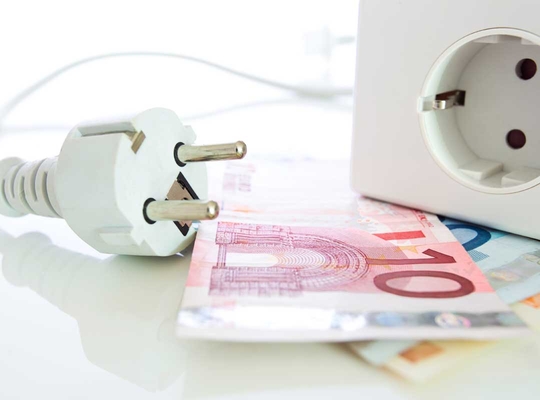You are here
Is Europe making energy unaffordable?

The European Parliament wants our energy consumption to be 35% lower in 2035. By the same date, 35% of the energy has to be renewable. With these goals, the Parliament is ignoring the advice of the European Commission and opting for extremely costly measures. “As a result of these rules, the costs for citizens are threatening to rise exponentially,” MEP Anneleen Van Bossuyt warns.
Since the insulation standards for residential properties are once again becoming much tighter, the value of older houses will plummet as a result of the high renovation costs, and the price of a new-build property will increase significantly. “Not all Europeans can afford a passive home or a Tesla,” says Anneleen Van Bossuyt. “When we impose sky-high goals, we lose the commitment of a large part of the population.”
The MEP is asking for ambition, but also for realism. After all, goals that are too high derail economic growth and encourage companies to relocate to non-European countries where the environmental regulations are more flexible. Not only does that cost jobs, it also actually increases the emissions of greenhouse gases. There is equally little point in unnecessarily burdening sectors further that are today already heavily regulated.
European Parliament is not making sustainable choices
In the field of renewable energy too, the wrong choices are being made, MEP Mark Demesmaeker believes: “Energy on the basis of tree trunks and logs is not a sustainable choice. We would be better off focusing on a gradual ban of crop-based biofuels. Instead of palm oil we would be better off switching to waste and residuals for its generation. Green energy is an important tool for decreasing our CO2 emissions; however, the energy policy may not undermine our efforts to develop a true recycling economy.”

